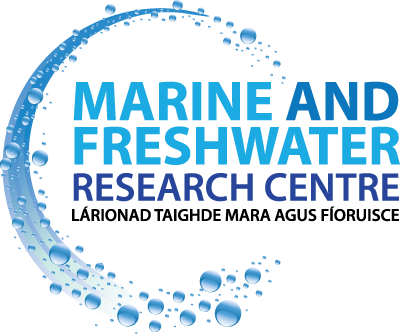Extreme Weather Events and Plastic Pollution
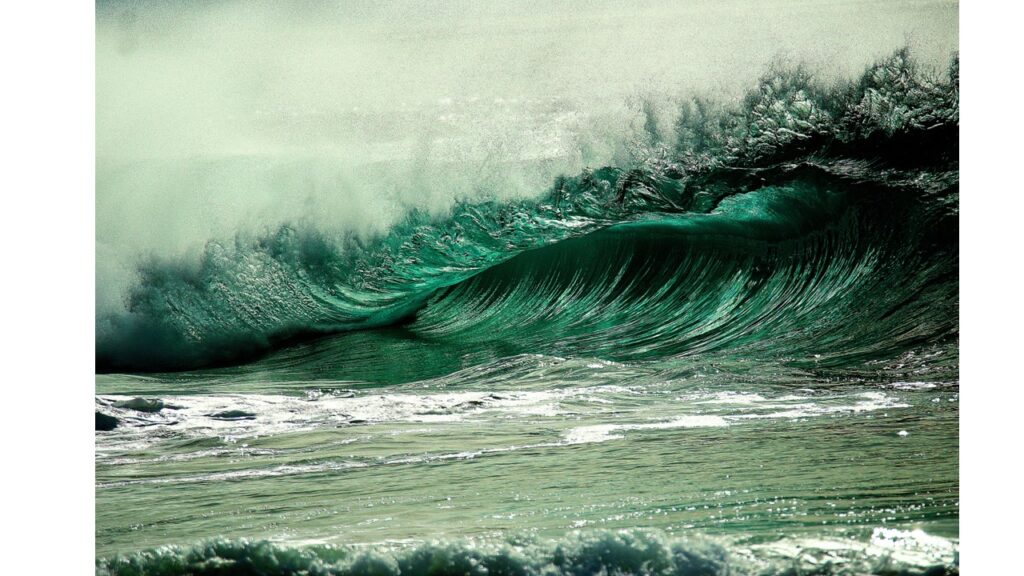
Extreme weather events, such as storms and intensive prolonged rainfall periods are becoming more frequent due to intensive anthropogenic activities globally. Through investigating the impact of these extreme weather events on both spatial and temporal scales in marine coastal ecosystems this project will be able to assess both the fluctuating levels of marine plastic debris, […]
Assessing the Flux of Buried Sedimentary Carbon to Marine Coastal Waters After Extreme Weather and Dredging
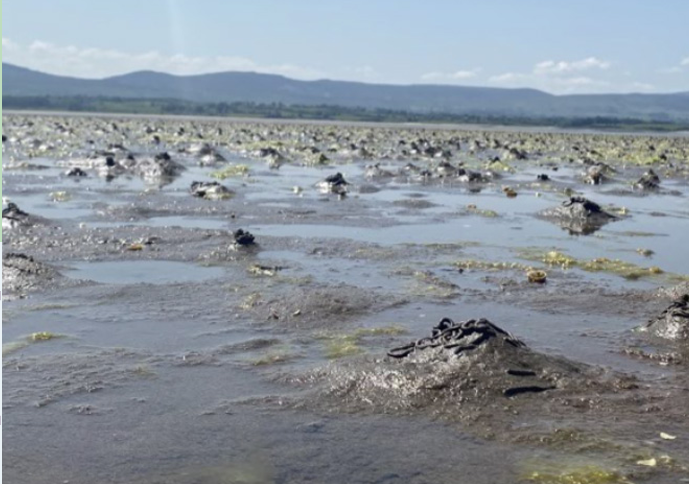
Humanity’s physical disturbance of the coastal seafloor has expanded considerably in recent decades through dredging, bottom trawling and more frequent severe storms. The natural ‘leak’ in the carbon cycle from burial of vast quantities of carbon in sediments and the removal of harmful persistent organic pollutants from aquatic ecosystems are essential services provided by sediments. […]
Molecular characterization of marine plastic leachates and associated environmental impacts

Plastic production has risen exponentially since the 1950’s when global production started, reaching a staggering figure of 390 million tonnes in 2021. Up to 10 million tonnes of plastics enter the marine environment annually with socio-economic and environmental implications that have captured global stakeholder attention. Under environmental conditions, plastics fragment into smaller pieces, potentially releasing […]
Ecology of the River Barrow estuary
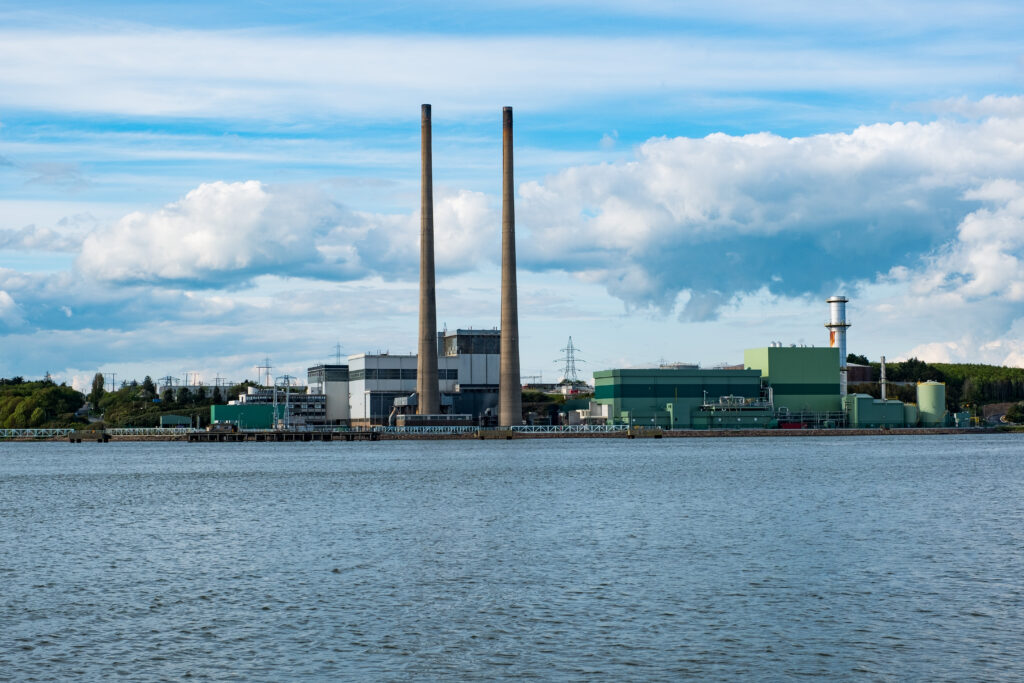
The transitional waters of the Barrow, Suir and Nore rivers converge near Waterford city to form a large and complex estuarine system, supporting species and habitats of conservation importance. The area is subject many pressures, primarily nutrient and organic pollution from agriculture, urban runoff and domestic wastewater. At Great Island, a gas fired power station, […]
U-AVES Uncrewed Aerial Vehicles for Ecological Surveys
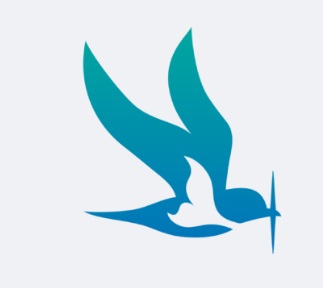
U-AVES – Uncrewed Aerial Vehicles for Ecological Surveys Uncrewed Aerial Vehicles for Ecology Surveys (U-AVES) project is a collaboration between A-techSYN, Atlantic Technological University, BlueWise Marine, and Energia Renewables, to investigate the potential use of Uncrewed Aerial Vehicles (UAVs) to revolutionise ecological surveys in Ireland through . The U-AVES project will utilise cameras and […]
Climate impacts on phytoplankton
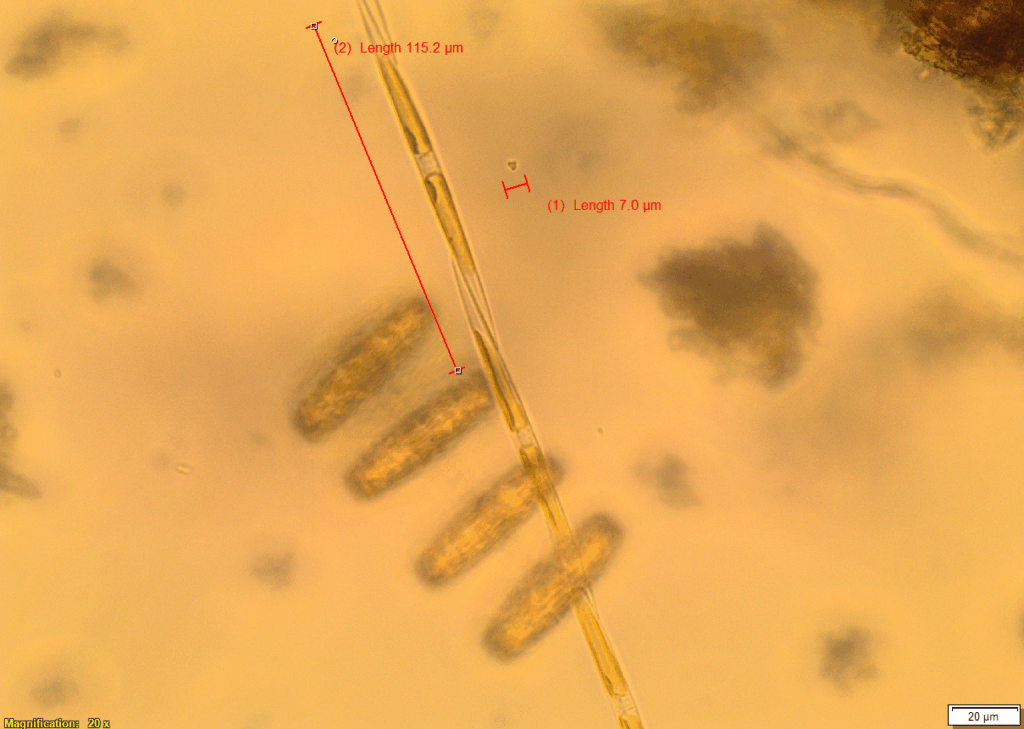
Phytoplankton communities that fuel marine food webs are undergoing profound changes as a consequence of climate change. This has implications for food provisioning, tourism, the economy and human health. Improved management and decision support tools are needed to predict how phytoplankton are likely to respond to changing environmental conditions in the future. The Cli-PhI project […]
Parasites in Atlantic mackerel
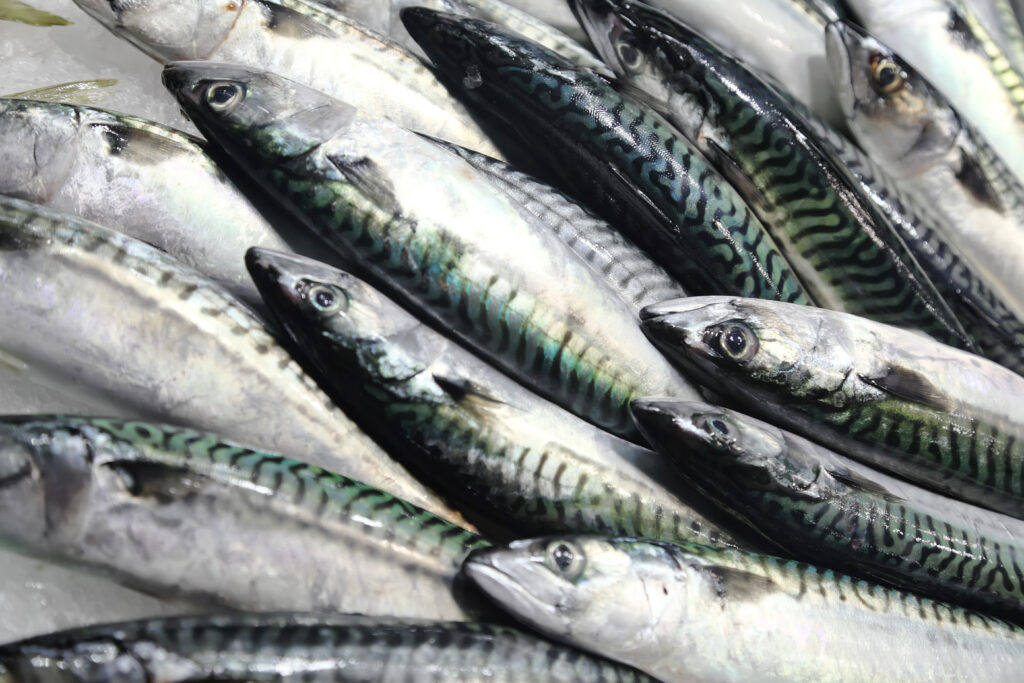
The myxosporean parasite Kudoa sp. releases an enzyme when its host dies, giving fish tissue a jelly like consistency. Although the parasite is not harmful to humans, “jelly flesh” can destroy the fillet and renders it commercially unusable. In recent years Irish pelagic processors have noted an increase in the occurrence of jelly flesh in […]
Epiphytic assemblages associated with cultivated sea moss in Grenada, WI
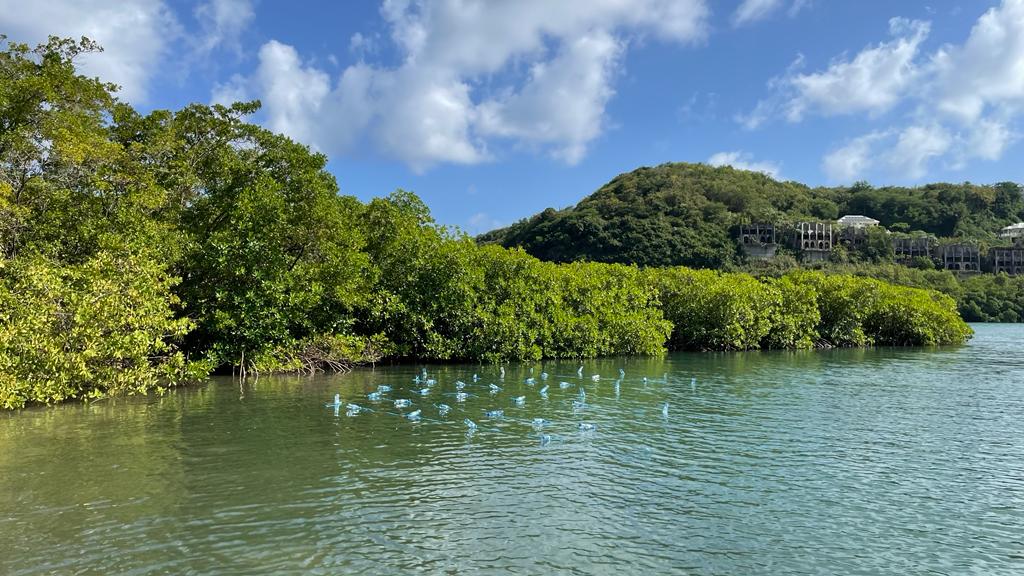
The introduction of sea moss farming into Grenada, and in general on the east Caribbean region, has offered alternative livelihoods for coastal communities, addressing issues of poverty and alleviating over exploitation of reef resources. Information regarding growth rate of the cultivated species in Grenada is non-existent. The data recorded from other Caribbean islands indicates that […]
Integrating eDNA in Marine Spatial Planning
This project aims to integrate eDNA and new biodiversity records to the MSP monitoring of marine communities by three main workflows: i) Refine eDNA analysis pipelines introducing enhancements advancing the effectiveness of metabarcoding approaches for their trustworthy application in MSP EU guidelines for marine assessment; ii) Collect molecular data and screen biodiversity in a different […]
PSPSafe project – Paralytic shellfish poisoning events in Ireland
The PSPSafe project is funded by the Department of Agriculture, Forestry and the Marine (DAFM) under the 2021 Thematic Research Call. Partners include the Martine Institute (Dave Clarke), Atlantic Technological University (Dr Luca Mirimin, Dr Fiona Kavanagh, Francesca Cucchi), and University College Dublin (Dr Francis Butler). The PSPSafe project aims at addressing key knowledge gaps […]
